1
1/26
Earn XP
Description and Tags
Name | Mastery | Learn | Test | Matching | Spaced | Call with Kai |
|---|
No analytics yet
Send a link to your students to track their progress
27 Terms
Fugitive Slave Act
One part of the Compromise of 1851, this law stated that escaped slaves must be returned to masters even if they were in the North, and set harsh punishments for those assisting runaway slave
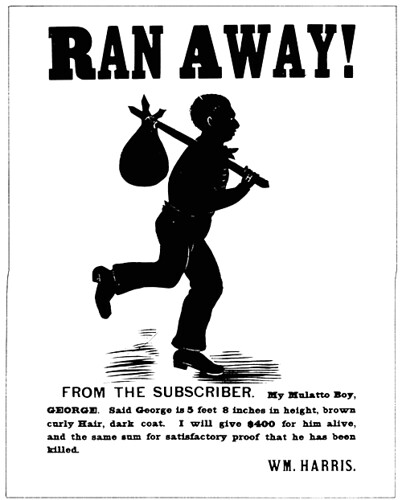
Popular Sovereignty
Let the people decide by State, on whether slavery should be allowed in territories through voting.
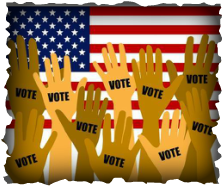
Dred Scott
He was a slave who was taken to free territory. He sued for his freedom and the Supreme Court declared that slaves are property, not people.
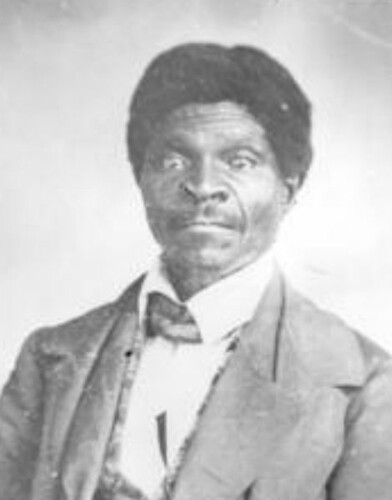
South Carolina
First state to secede/leave the Union in 1860.
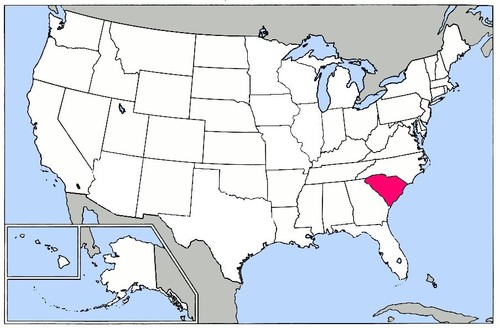
Secessionists
These people believed that since the states voluntarily joined the Union, they can also choose to leave.
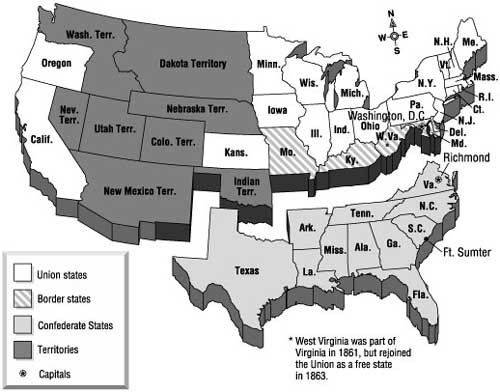
Abraham Lincoln
President of the U.S., 1861-1865
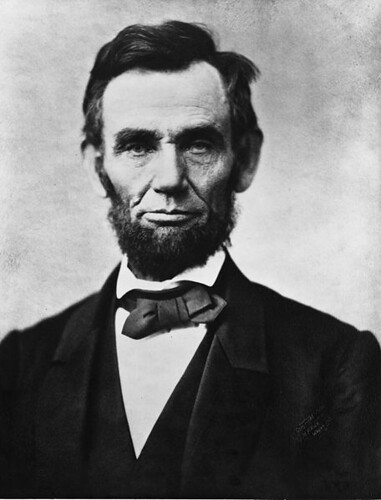
Cotton
number 1 Cash Crop in the South in the 1800's.
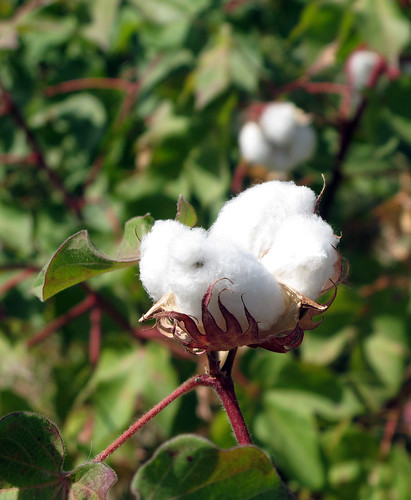
Ft. Sumter
April 12th, 1861- Confederate soldiers firing on this fort initiated the Civil War.
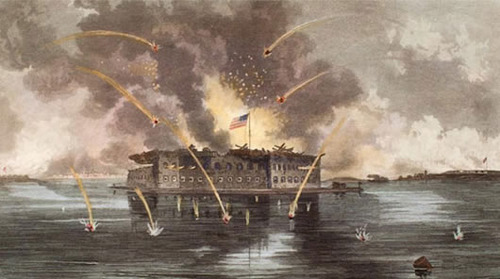
Give one reason why most southerners were upset about Lincoln's election in 1860.
They thought Lincoln would abolish slavery, and Lincoln did not win a single southern state in the election, the south knew they had lost the balance of power.
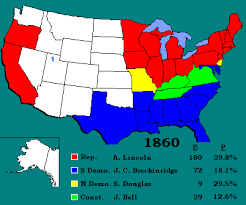
Compromise of 1850
Law passed that gave North and South part of what they wanted. California admitted as free state, slave trade abolished in DC, and new fugitive slave law passed; advocated by Henry Clay and Stephen A. Douglas
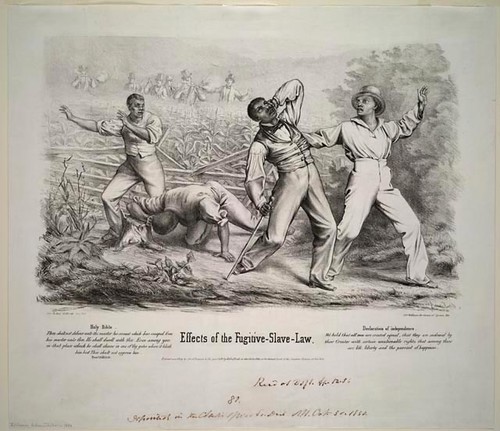
Underground railroad
1830, Harriet Tubman, a system that helped enslaved African Americans follow a network of escape routes out of the South to freedom in the North, went all the way to Canada
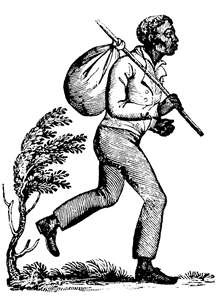
Kansas-Nebraska Act
1854 - Douglas: Created Nebraska (north) and Kansas (south) as states and gave the people in those territories the right to chose to be a free or slave state through popular sovereignty. North disliked the Act and Southerners loved it.
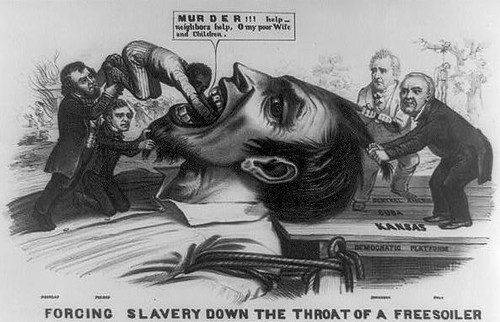
John Brown
Abolitionist involved in violence in Kansas. In 1859, he led a raid of a government arsenal at Harper's Ferry, Virginia, with the intention of arming slaves and starting a revolt. He became a hero of the abolitionists in the Civil War. Brown was considered a matryr by some and a madman by others.
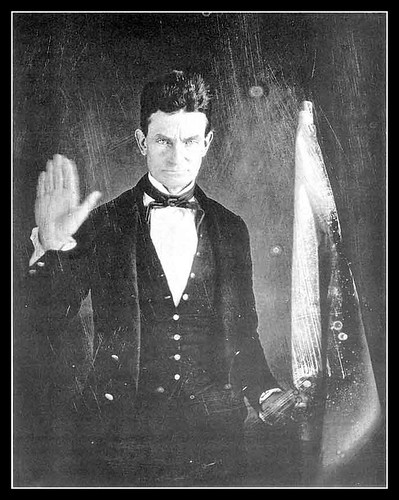
Election of 1860
Abraham Lincoln, the Republican candidate, won because the Democratic party in the South was split over slavery. As a result, the South no longer felt like it had a voice in politics and a 11 states seceded from the Union.
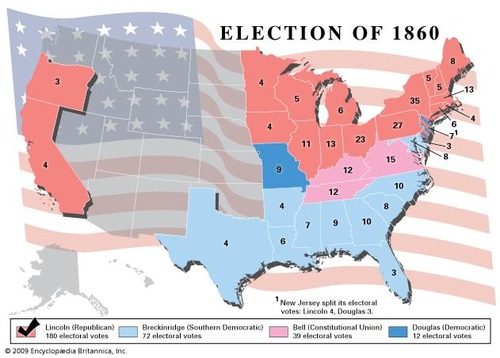
Harriet Beacher Stowe
The author of the book Uncle Toms Cabin that persuaded people to want to end slavery.
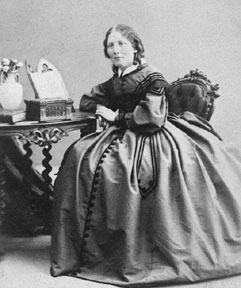
Stephen Douglas
The "Little Giant." He proposed the Kansas - Nebraska Act and the idea of popular sovereignty to decide the issue of slavery in the territories. He also had a series of famous debates when he defeated Abraham Lincoln for Senate in 1858 in Illinois.
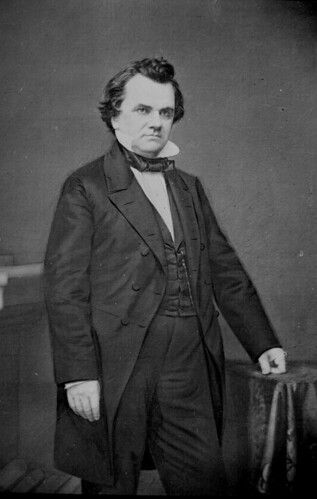
sectionalism
People aligning themselves more with the region of the country they live in rather than the nation as a whole.
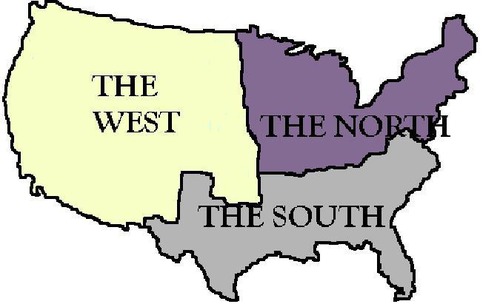
Martyr
A person who dies for a cause or belief.
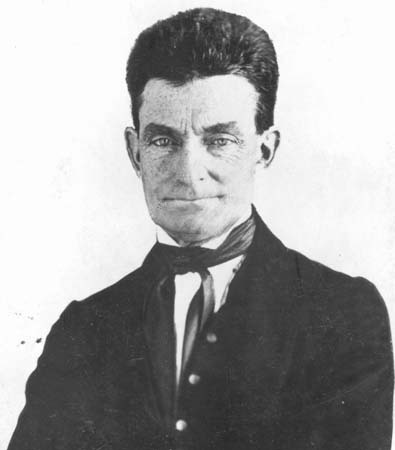
Republican Party
Political party formed in 1854. Its main goal was to stop the spread of slave
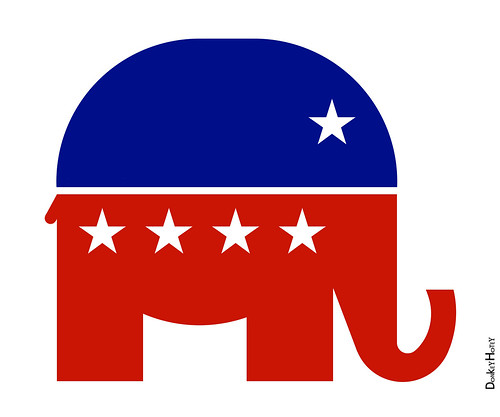
List 3 ways the Dred Scott Decision impacted the nation:
1 - Ruled slaves were property, not people with rights. 2 - Missouri Comp. unconstitutional = slavery spreads into territories. 3 - Free African Americans lose status 4 - Abolitionist setback
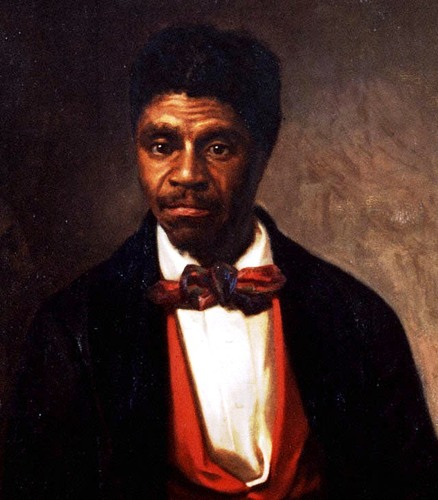
"Bleeding Kansas"
(1856) a series of violent fights between pro-slavery and anti-slavery forces in Kansas who had moved to Kansas to try to influence the decision of whether or not Kansas would a slave state or a free state.
Harper's Ferry
John Brown's scheme to invade the South with armed slaves, backed by sponsoring, northern abolitionists; seized the federal arsenal; Brown and remnants were caught by Robert E. Lee and the US Marines; Brown was hanged
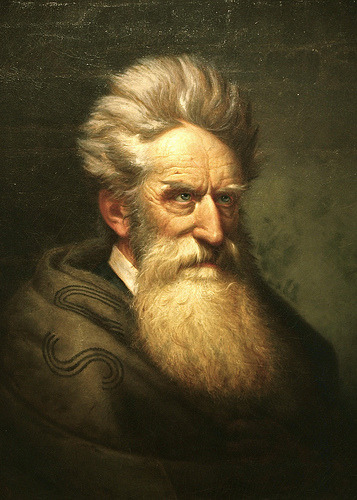
Lincoln-Douglas Debates
Series of 1858 Senate debates...Lincoln forced Douglas to debate issue of slavery, Douglas supported popular sovereignty. Lincoln asserted that slavery should not spread to territories, Lincoln lost to Douglas, but emerged as strong Republican candidate.
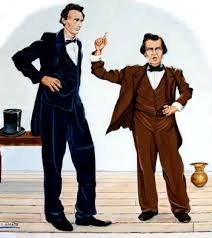
Missouri Compromise 1820
Compromise - Maine enters as free state, Missouri as slave state, prohibited slavery in Louisiana Territory north of 36°30′ , preserved balance in US Senate - first LA Purchase territory to apply for statehood
Cotton Gin
A machine for cleaning the seeds from cotton fibers, invented by Eli Whitney in 1793, demand for slavery raises
Uncle Toms Cabin
a novel published by Harriet Beecher Stowe in 1852 which portrayed slavery as brutal and immoral
Lincoln-Douglas Debates
1858 Senate Debate, Lincoln forced Douglas to debate issue of slavery, Douglas supported pop-sovereignty, Lincoln asserted that slavery should not spread to territories, Lincoln emerged as strong Republican candidate